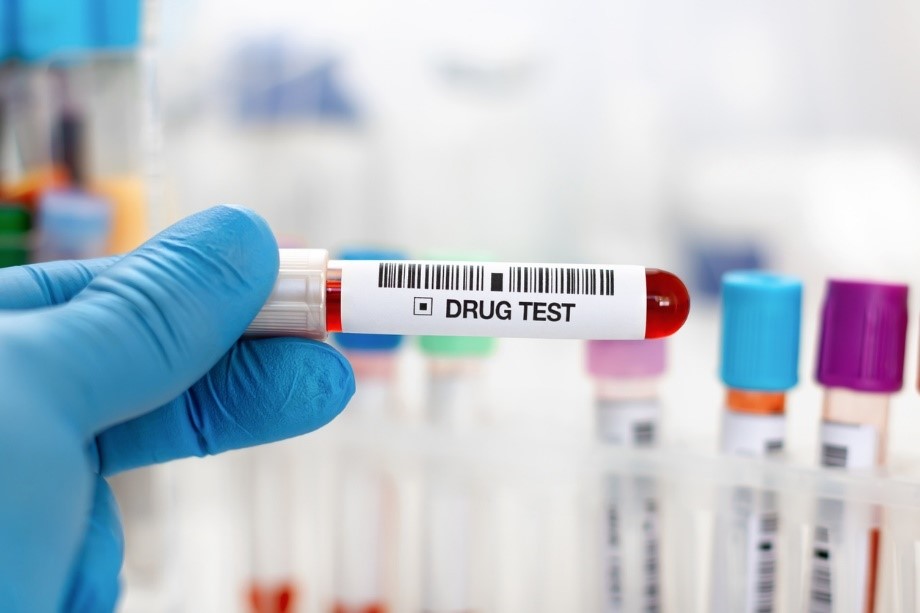How demand for synthetic drugs impacts drug testing and regulations
The incorporation and unsanctioned use of pharmaceuticals in illicit drugs is not a recent occurrence. The United Nations (UN) maintains that synthetics such as tranquilisers, stimulants and anaesthetics have been mixed with illegal drugs since the early 1900s.
In 1971, UN member states adopted the Convention on Psychotropic Substances to curb the non-medical use and ensuing harm of synthetic drugs. This battle rages on, as is evident by a recent UK parliamentary move to ban xylazine and 21 other synthetic drugs.
Demand for synthetic drugs
Synthetic drugs, such as amphetamine-type stimulants (ATS) – of which methamphetamine remains the most prominent – fentanyl (a synthetic opioid) and xylazine (or ‘tranq’) have significantly boosted drug trafficking markets. Dual factors drive the demand for synthetics in illegal drugs.
Profit generation motivates drug manufacturers and traffickers. Synthetics, such as the veterinarian sedative xylazine, provide a way to stretch doses while charging the same (or more) for the mix.
Presently, xylazine has been in the spotlight as it is mixed with cocaine, heroin and several other drugs. Traces of this drug have even been found in cannabis vapes. It is also taken on its own and has been detected in many fatal overdose cases.
The second factor spurring the demand for synthetics is addiction. Users develop primary or secondary dependence on substances such as fentanyl and xylazine, which fuels the manufacture and supply of these standalone or combination drugs.
UK drug legislation and workplace drug testing
Under the UK’s Misuse of Drugs Act 1971, it is illegal to import, produce, supply or possess ‘controlled’ or illicit drugs. At the end of 2021, the government also announced a 10-year strategy to tackle the growing drug trafficking, misuse and drug-death problems.
Despite legislation and movements such as these, drug production (which includes the incorporation or peddling of synthetic drugs), trafficking, misuse and overdose fatalities remain a red flag. The escalating demand for synthetic drugs puts additional strain on legislative frameworks, authorities, treatment facilities and programmes, and the healthcare system.
Although workplace drug testing is practised in the UK, it is not legally required and employers can only administer these tests with the employee’s consent. It is, however, essential in jobs where people operate machinery or vehicles, work at heights or care for others, to name but a few examples.
Synthetic drugs also put pressure on the manufacturers of drug testing kits. They must continually adapt testing tools to ensure that these are included in the testing spectrum.
The government’s ban on xylazine and other drugs supports the motivation for workplace drug testing. In this ever-evolving landscape, employers should partner with alcohol and drug testing experts that are up to date (and stay up to date) with current trends.
Matrix Diagnostics not only has the crucial expertise but also helps your company establish drug policies or evaluate existing ones in line with legislation and drug treatment initiatives. Also, our multi-drug test solutions let you screen for multiple drugs at once.
Contact us today and find out how you can make your workplace drug testing programme part of your employee health and wellbeing drives.

